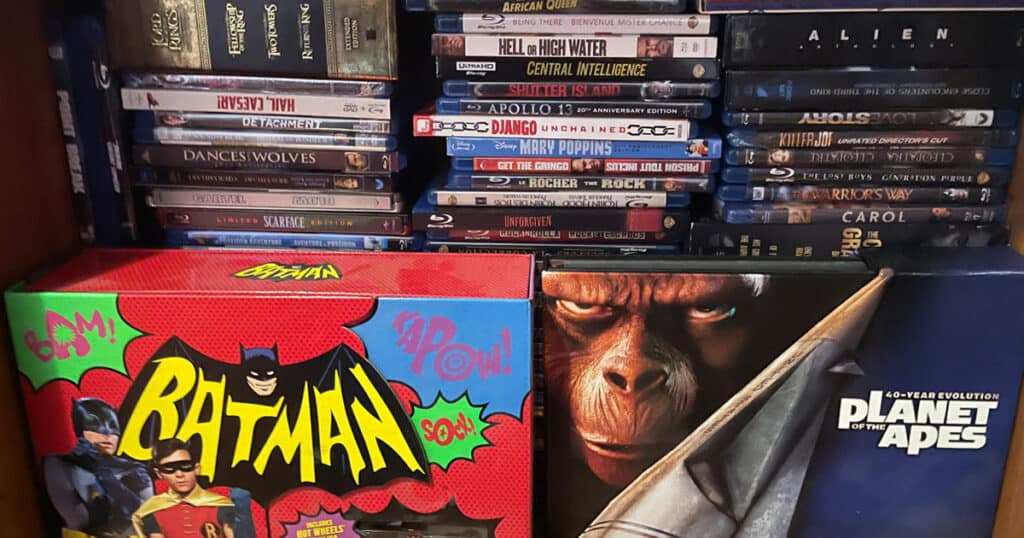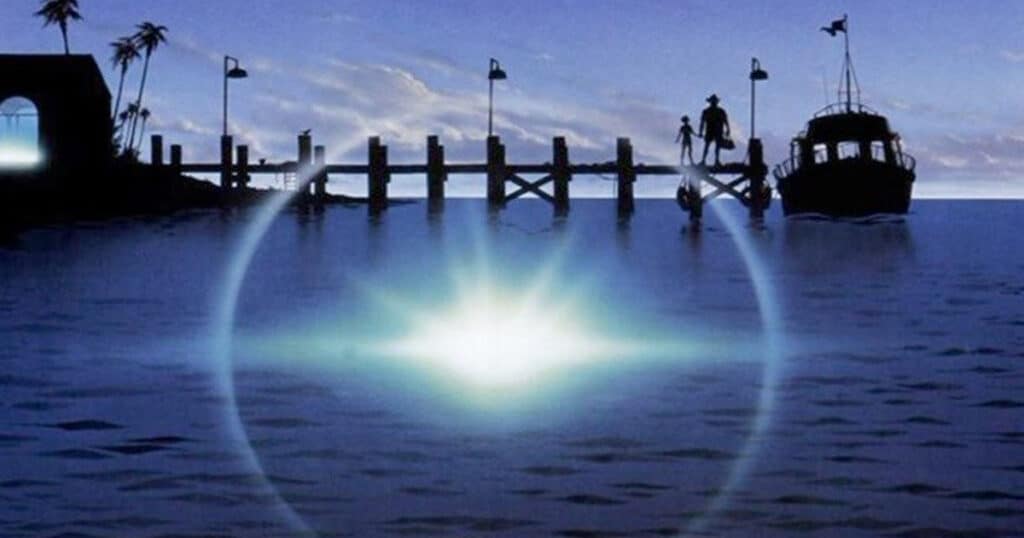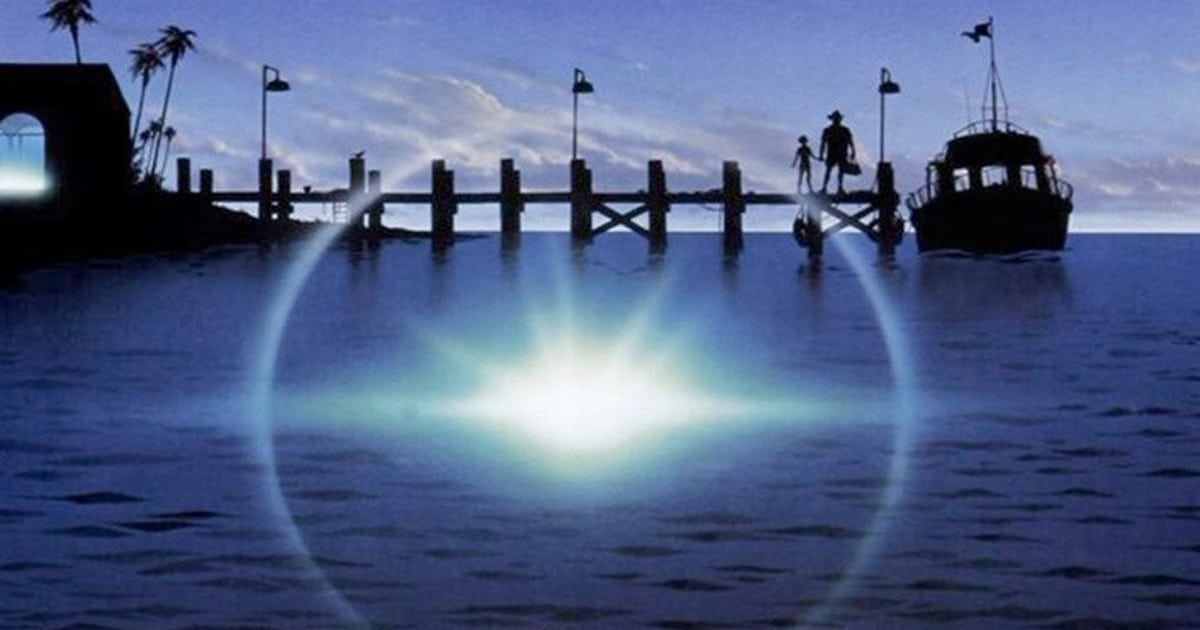One of the reasons physical media still matters is that movies can vanish. One notable example is Ron Howard’s 1985 classic, Cocoon.

Something inevitable has started to happen. Hardcore movie fans have stopped buying Blu-rays (although they’re in the midst of a slight comeback). Maybe it was the pandemic, when we were all stuck at home, or perhaps it was the closure of all of our favorite mom-and-pop physical media stores, but fans started to build digital libraries rather than physical ones. I get it. One of the reasons I got into buying movies on iTunes was that whenever a fancy new 4K restoration came out, they would upgrade the version you already bought. But, as Christopher Nolan warned recently, you should buy the movies you love on physical media because when you own something digitally, you don’t really own it.
Here’s why:
Digital Copies are basically long-term rentals:
While you can be reasonably sure that the digital copy you buy will stay in your library for a long time, there’s no guarantee that it will be available forever – like a piece of physical media. Rights ownership changes, and movies suddenly drop out of circulation. If you own a digital copy, there’s no guarantee that one day, when you access your library, you might find a few titles missing.

Movies vanish:
Try locating a digital copy of the Ron Howard classic Cocoon. It has completely vanished from circulation despite being one of the biggest hits of the eighties. The much less popular sequel, Cocoon: The Return, is available, but the original movie is seemingly gone. It’s a movie that I’m grateful I still own on DVD, as it’s been gone for a pretty long time, with writer Mike Ryan writing about its absence way back in 2020. Three years later, it still hasn’t been re-released.
Different cuts become popular:
The most infamous example is the Special Edition versions of the original Star Wars Trilogy. The only legitimate versions of the original cuts are the non-anamorphic laserdisc transfers George Lucas released on DVD many years ago. But there are lots of examples. I own Batman v Superman: Dawn of Justice digitally, and one day, I found that the theatrical version had been replaced with Zack Snyder’s restoration, which reframes the IMAX sequences to 4:3, something I’m not a massive fan of. Yet, this is the version I’m stuck with. Directors sometimes do this, with a notable recent example being a censored version of The French Connection that William Friedkin had released digitally shortly before he passed away. It seems this is the only version available digitally now.
When you buy a Blu-ray, or better still, a 4K Blu-ray, you become a custodian of that film. Think about it: you own a brilliant mastering of one of your favorite films. If something happened and the movie ever went out of circulation, that copy you hold physically still exists. While it’s unlikely a significant movie will ever one day vanish, I bring you again to the strange case of Ron Howard’s Cocoon. While Disney (who owns the studio that released it – 20th Century Fox) still likely has a great 4K master of the movie in their vaults, they’re not making it publicly available for whatever reason. While my DVD copy is just 480p, at least it’s something. For many years, James Cameron’s The Abyss was impossible to see. The same – strangely – was the case with True Lies. While Cameron is finally re-releasing them, for a long time the non-anamorphic DVD’s were the only versions of the movies out there.
All that said keep collecting Blu-rays and DVDs. While they’ve been making a comeback on the niche market, these physical copies of the movies still matter, even if digital versions are cheaper and more convenient. Because at the end of the day, unless you can hold a copy of the movie in your hands, you don’t really own it.

